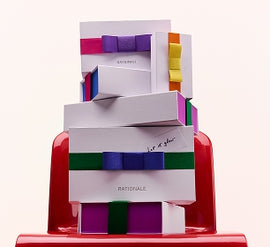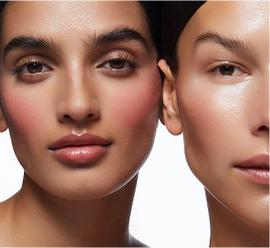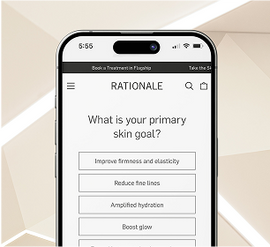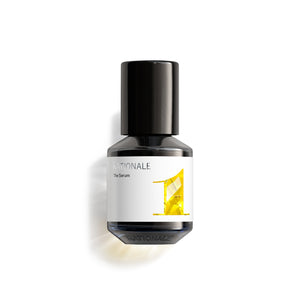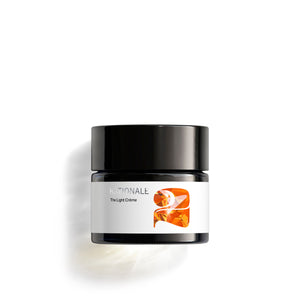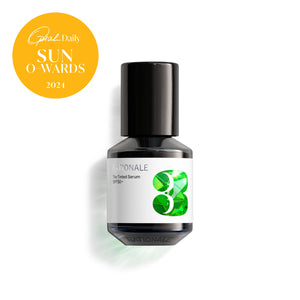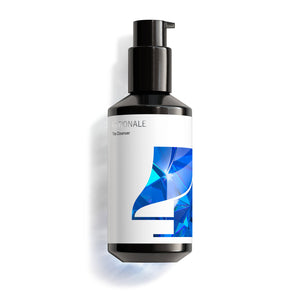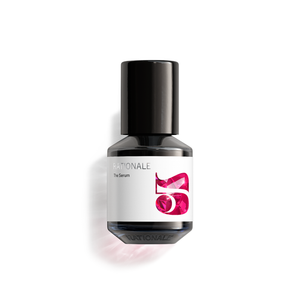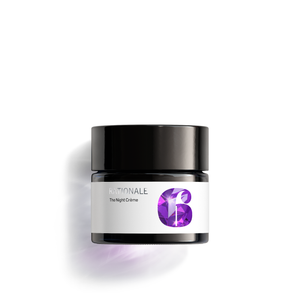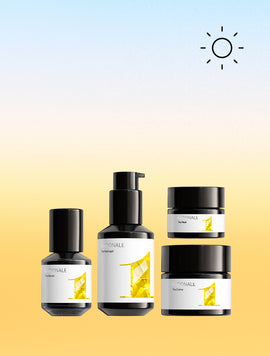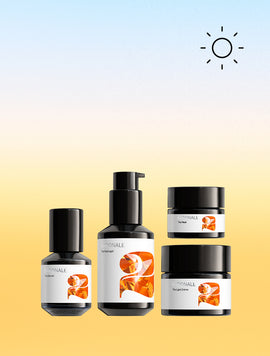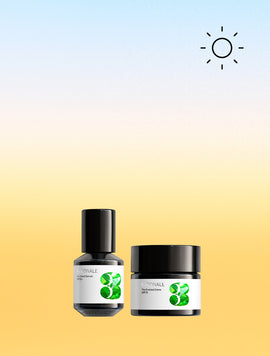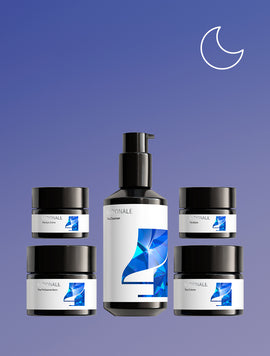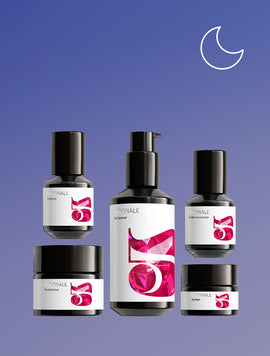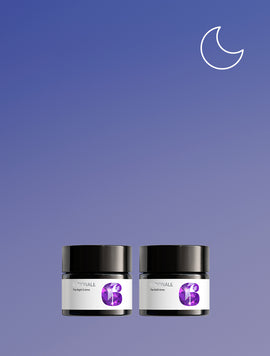Guide to Vitamin A and Botanical Alternatives
Whether you are a vitamin A aficionado or new to active ingredients, we have a Formulation to promote cellular turnover for you.
What is Vitamin A?
Let's start with a crucial distinction: while the terms "Vitamin A" and "retinol" are often used interchangeably, it's essential to grasp their nuanced differences. Picture Vitamin A as the parent, and retinol as the child. Yet, retinol isn't the sole offspring in this family; there are also retinal, retinol esters, retinaldehyde, retinoic acid, adapalene, tretinoin, tazarotene, trifarotene, and isotretinoin, among others.
Regardless of the vitamin A derivative chosen, the skin can only effectively utilise the active form—retinoic acid. Among non-prescription skincare options, retinol is the most prevalent vitamin A derivative, undergoing a two-step conversion to retinoic acid when combined with the enzymes in our skin.
Why Do You Need to Use It?
Vitamin A is known to play an important role in the maintenance of youthful-looking skin. As we age, our skin’s rate of cellular turnover starts to decrease due to increased solar and environmental damage.
As a general guide, in your mid to late 20s, vitamin A or a natural alternative should be introduced into your evening skincare routine two to three times each week. This allows your skin to adjust to increased cellular turnover whilst mitigating irritation. In your 30s, 40s and beyond, our skin cells turn over a little slower. So, it is common for it to be used every night to help supplement optimal skin health.

What Type of Retinol is Right For You?
So, with many vitamin A derivatives available, how do you choose the right actives for your skin?
Enter The RATIONALE Research Team. Led by RATIONALE Founder and Director of Research, Richard Parker, our Team has spent three decades researching, testing and decoding vitamin A for you. The result? #6 The Renewal Collection.
The Collection features Formulations with either our signature Vitamin A Complex (Retinol and Retinal)—for those familiar with using vitamin A—or our innovative Botanical Retinoid Analogue Complex (Bakuchiol), for those new to vitamin A.
What is Bakuchiol?
Bakuchiol is a gentle botanical alternative to Retinol. Bakuchiol has been known to promote a more even skin tone whilst helping to reduce the appearance of solar and environmental damage.
For individuals with sensitive skin, we recommend starting with #6 The GelCrème. Boasting our proprietary Botanical Retinoid Alternative Complex (Bakuchiol), #6 The GelCrème is a mild introduction to active ingredients that promote cellular turnover.

How Does Vitamin A and Botanical Alternatives Improve the Appearance of Fine Lines + Wrinkles?
Vitamin A and Botanical Retinoid Alternatives support cellular turnover, promoting visible skin rejuvenation and supporting collagen. This process uplifts and firms the skin, visibly hydrates and reanimates luminosity, improving appearance of fine lines and a brighter tone.
#6 The Renewal Collection
Whether you are a vitamin A aficionado or new to active ingredients, we have a Formulation to support cellular turnover for you.
